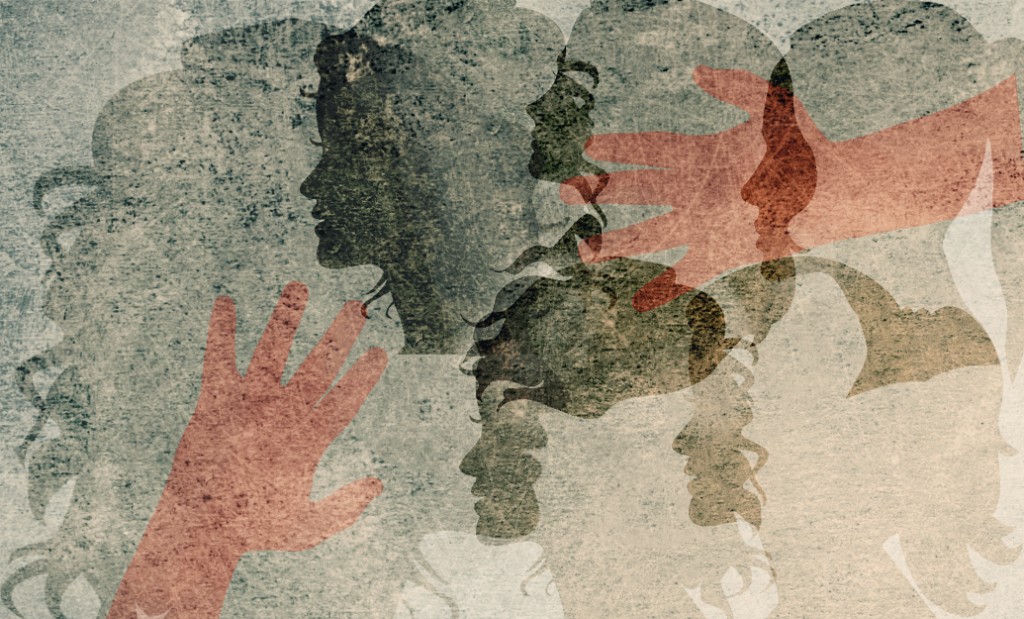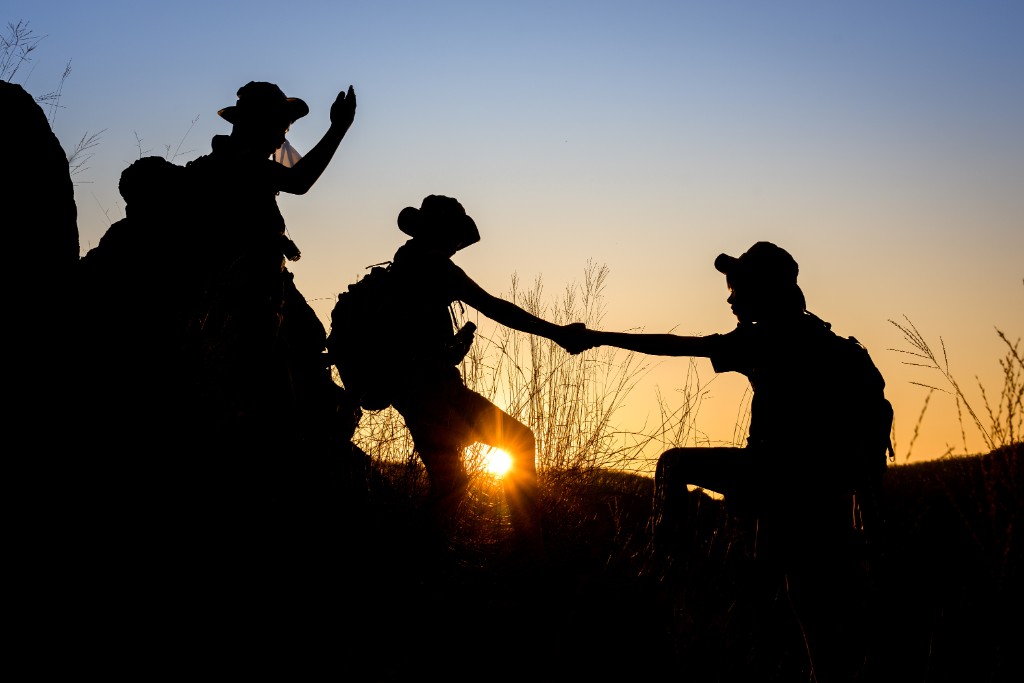September 5, 2025 | institutional abuse Claims
Justice for Victims of Canadian Military Cadets Institutional Abuse in Alberta
Table of Contents
Canada’s military cadet youth programs are designed for young people aged 12 to 18. The programs’ primary goal is to develop leadership, citizenship, and physical fitness skills among members, while also promoting a sense of community and camaraderie. With a rich history, the Cadets have a long-standing tradition of providing a safe and supportive environment for young people to grow and learn.
Similarly to our armed forces, the Cadet organizations are structured into several branches, each with its own unique identity and focus (army, navy, and air force). Individual units within each branch are typically led by retired or reservist military members, as well as many adult civilian recruits, who are responsible for guiding and mentoring the cadets.
While the programs have a strong reputation for fostering positive values and skills, there have been many instances of alleged and proven sexual, physical, and psychological abuse within the Canadian Cadet Organizations. Perpetrators were placed in positions of trust and authority over others, particularly minors, and exploited those positions to their own ends. These cases are a stark reminder that even in organizations with the best intentions, abuse can occur.
Holding perpetrators accountable is not only a criminal matter for police to handle. Victims have a legal right to pursue justice on their own terms in civil court and claim damages for the wrongs done to them. Our experienced institutional abuse lawyers represent numerous survivors of sexual abuse and sexual assault in institutional settings such as the Canadian Cadet Organizations. We strive to serve our clients with a trauma-informed approach designed to minimize the challenges of coming forward while maximizing the chances of a successful outcome.
The Prevalence and Variety of Institutional Abuse In the Cadets
In recent years, numerous high-profile cases of institutional sexual abuse within the Canadian cadet movement have come to the public’s attention. Frequently, the reports have originated from incidents decades earlier.
The specific abuse that victims suffered may have taken many forms, including physical, emotional, and psychological mistreatment. The abuse may have been perpetrated by adult instructors and leaders, whether paid staff or volunteers, or even other cadets. The severity and frequency of abuse could vary greatly as well, from relatively minor to extremely serious.
Sexual abuse and misconduct could involve (but are not limited to):
- Single or multiple incidents
- Touching over or under clothing
- Exposure to adult media
- Demands to commit sexual acts with others
These acts may have been accompanied by grooming behaviour, like giving presents or starting conversations about sexual topics.
We encourage you to discuss your specific circumstances if you believe you were a victim of sexual misconduct with a qualified institutional abuse lawyer from our legal team.
Is It Too Late To File An Institutional Abuse Claim Against the Cadets?
Many institutional sexual abuse survivors may wonder if it is too late or worth it to seek justice and compensation. Usually, many years, even decades, pass before survivors come forward in our experience. The answer is, unequivocally, “No, it is not too late.”
Alberta’s Limitations Act, which sets out time limits for starting civil legal proceedings, makes a permanent exception for civil claims based on sexual assault, sexual misconduct or general assault if the claimant was a minor when the harmful acts occurred.
This means that victims of institutional abuse can file a claim at any time. We understand that many survivors may have tried to report what happened to them in the past but were dismissed, ignored, or even blamed. Perpetrators often use violence, threats, and intimidation to keep their victims from coming forward. They may have further been enabled by a culture of silence or fear within the Cadets.
While the civil court system is imperfect and more work remains to be done, you can make a claim now and be confident that it will be heard. It is also your right to file a police complaint if you wish, although it is not necessary to have done so for your civil lawsuit to proceed.
Who Are the Canadian Cadet Organizations?
The Canadian Army, Royal Canadian Navy, and Royal Canadian Air Force each have a cadet equivalent, with origins dating back to the 1860s in the case of the longest-lived army cadet units. They are the Royal Canadian Army Cadets, Royal Canadian Sea Cadets, and Royal Canadian Air Cadets, respectively.
Each is supported financially by both the Department of National Defence and a civilian league. These leagues are the Army Cadet League of Canada, Navy League of Canada, and the Air Cadet League of Canada. Collectively, these groups are known as the Canadian Cadet Organizations or sometimes referred to as Cadets Canada.
In addition to the Sea Cadets, the Navy League of Canada also runs the Navy League Cadets program for children aged 9 to 12.
The Canadian Rangers, a Canadian Forces reserve unit active in rural and northern parts of the country, also has a youth wing known as the Junior Canadian Rangers. Like the standard Cadet programs, the Junior Canadian Rangers is open to members aged 12 to 18. While originally open to boys only, all Cadet programs officially permitted girls to join from 1975 onwards.
The Cadet organizations have a duty of care to their members. It may have failed in its duty to institutional abuse victims by, for example, covering up abuse reports, not screening adult leaders adequately, or failing to create policies for dealing with perpetrators.
Survivors of sexual, psychological and physical abuse committed by perpetrators they had contact with due to their involvement in the youth military cadet programs have legal recourse to find justice. We represent numerous clients who have experienced mistreatment at the hands of Cadets volunteers and staff. Again, in some cases, fellow cadets may have committed the abuse.
What Kinds of Compensation Can You Claim Against the Cadets?
Compensation for civil damages is meant to restore the wronged party to the state they were in before the damage was done. Institutional abuse and sexual abuse cases are especially pointed examples that victims can never be truly made whole.
Damages are economic or non-economic. Also known as pecuniary or special damages, economic damages are concrete losses that are relatively easy to calculate, like costs for medical treatment. Non-economic damages, also known as non-pecuniary or general damages, cover losses that are intangible and harder to evaluate but no less significant, such as pain and suffering.
Relevant damages in your claim could include (but are not limited to):
- Loss of income
- Loss of future earning capacity
- Costs for psychological care
- Physical impairments
- Pain and suffering (both physical and emotional)
- Loss of amenity (losses related to personal relationships)
- Loss of enjoyment of life
The outcome of every case turns on its particular set of facts and past results do not guarantee future success. Nevertheless, since the 2000s, courts have increasingly recognized the often devastating and far-reaching impacts of sexual abuse and sexual assault when awarding damages, especially their emotional and psychological toll. The courts have also sought to punish perpetrators for their particularly selfish and destructive motives, resulting in higher amounts awarded to plaintiffs.
Common Experiences of Survivors of Institutional Abuse
Sexual abuse can leave many scars on victims, who may have difficulty linking the abuse to its impacts later in life. Feelings and experiences that are common among institutional abuse survivors, which you may recognize, include (but are not limited to):
- Distrust of authority figures
- Struggles with finding and keeping employment
- Difficulty forming close relationships
- Substance abuse
- Low self-esteem
- Post-traumatic stress
- Feelings of self-doubt
- Homelessness
It is important for you to know that what happened to you is not your fault. By the same token, the consequences you have suffered since are not your fault.
We have access to qualified experts like doctors, psychologists and vocational experts who can examine you and then provide evidence on how the abuse has affected you and your future treatment needs.
Call If You Were Mistreated as a Cadet
Direct access to our Alberta office is always available. We can answer questions like whether your claim is worth pursuing, what the filing process involves, and what evidence could be useful to building your case.
Please call our 24/7, toll-free line, 1-888-494-7191, to book a free initial consultation about your potential Cadet institutional abuse claim today.
Written by Seth Wheeldon
Personal Injury Lawyer
Lawyer Seth Wheeldon’s practice focuses on personal injury claims, including motor vehicle accident claims, slip and fall claims, and long-term disability claims.
More institutional abuse Topics
Here’s more information on institutional abuse related topics that we think you might find helpful.

institutional abuse
|
February 27, 2025
Alberta Big Brothers Big Sisters Institutional Sexual Abuse
Numerous reports by victims have shown that young people suffered institutional abuse that was sexual, physical, and psychological in nature while participating in Big Brothers’…

institutional abuse
|
December 24, 2024
Boy Scouts and Girl Guides Institutional Abuse Claims
Legal Options for Former Scouts and Guides Who Were Sexually Abused in Alberta Decades of allegations and reports have surfaced of current and former (Boy)…
Speak With Our
Legal Team for FREE
Find Out if You Have a Case in Under 5 Minutes
Speak to a Lawyer Now!
We’re here to help.
